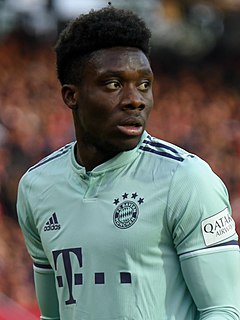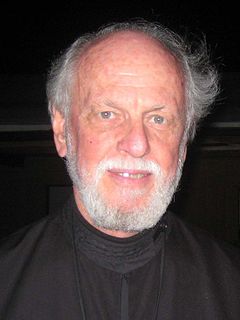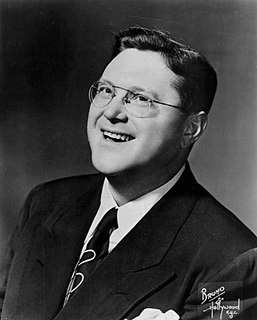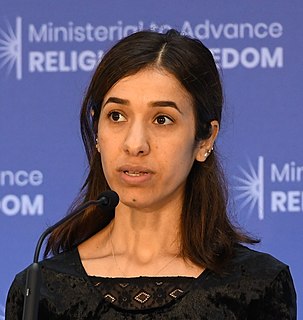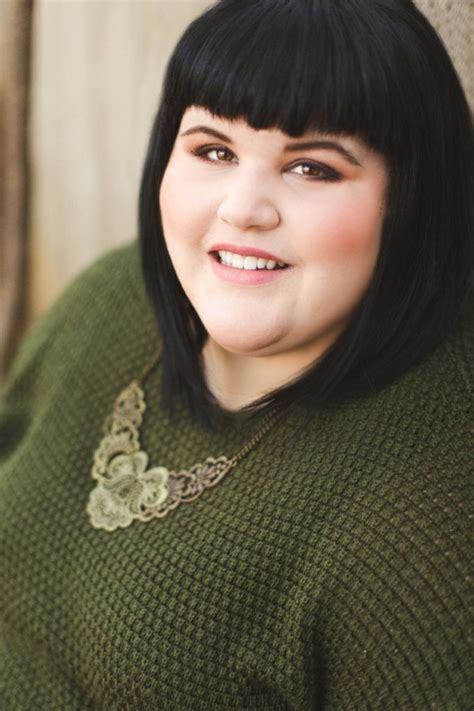A Quote by Robert Breault
There is a strong chance that siblings who turn out well were hassled by the same parents.
Related Quotes
Anyone who has raised more than one child knows full well that kids turn out the way they turn out - astonishingly, for the most part, and usually quite unlike their siblings, even their twins, raised under the same flawed rooftree. Little we have done or said, or left undone and unsaid, seems to have made much mark. It's hubris to suppose ourselves so influential; a casual remark on the playground is as likely to change their lives as any dedicated campaign of ours. They come with much of their own software already in place, waiting, and none of the keys we press will override it.
Some parents were awful back then and are awful still. The process of raising you didn't turn them into grown-ups. Parents who were clearly imperfect can be helpful to you. As you were trying to grow up despite their fumbling efforts, you had to develop skills and tolerances other kids missed out on. Some of the strongest people I know grew up taking care of inept, invalid, or psychotic parents--but they know the parents weren't normal, healthy, or whole.
I would say basically the commonplace observation that kids aren't going to earn as much as their parents is now is a coin flip at this point. Are you going to do better than your parents? It's a 50-50 chance, whereas if you were born in the 1940s or 1950s, you had more than a 90 percent chance you were going to do better than your parents. So basically almost a guarantee for most kids that you were going to achieve the American Dream of doing better than your parents did. Today, that's certainly no longer the case.
My love for cooking began when I was young. Because my parents were in the army, they were both really busy. A lot of times I'd have to cook for the family; I'd rotate with my siblings. It started out as a chore, but as I got older, my mom started to see that I was really good at it. I became her sous chef.
The charity that begins at home cannot rest there but draws one inexorably over the threshold and off the porch and down the street and so out and out and out and out into the world which becomes the home wherein charity begins until it becomes possible, in theory at least, to love the whole of creation with the same patience, affection, and amusement one first practiced, in between the pouts and tantrums, with parents, siblings, spouse, and children.







